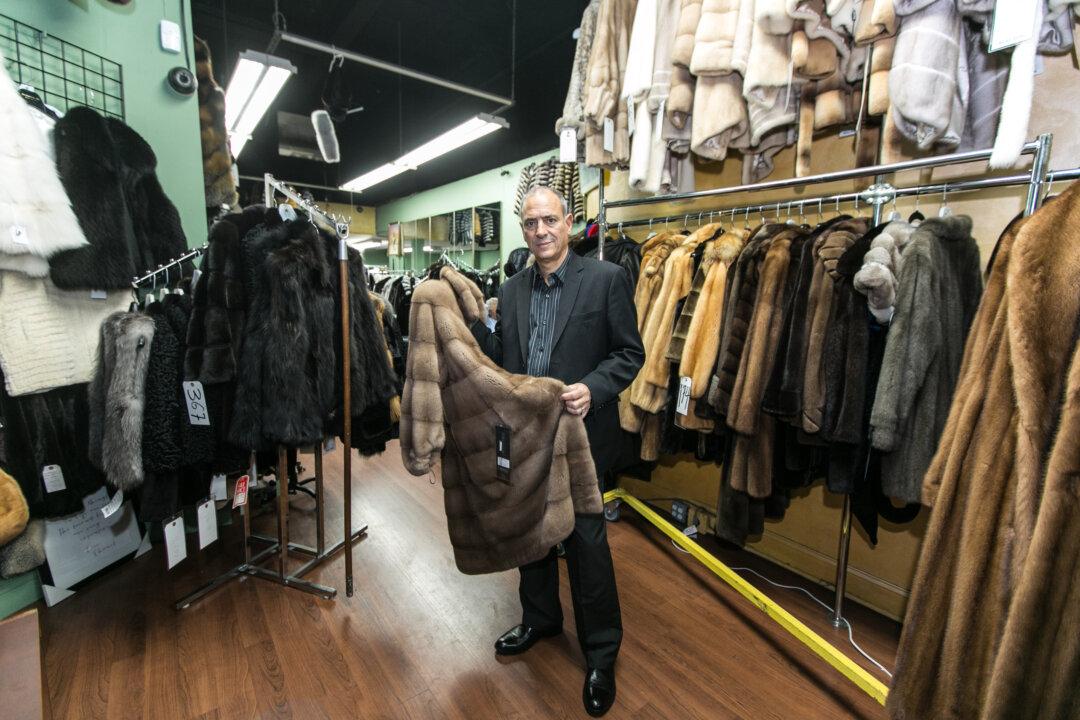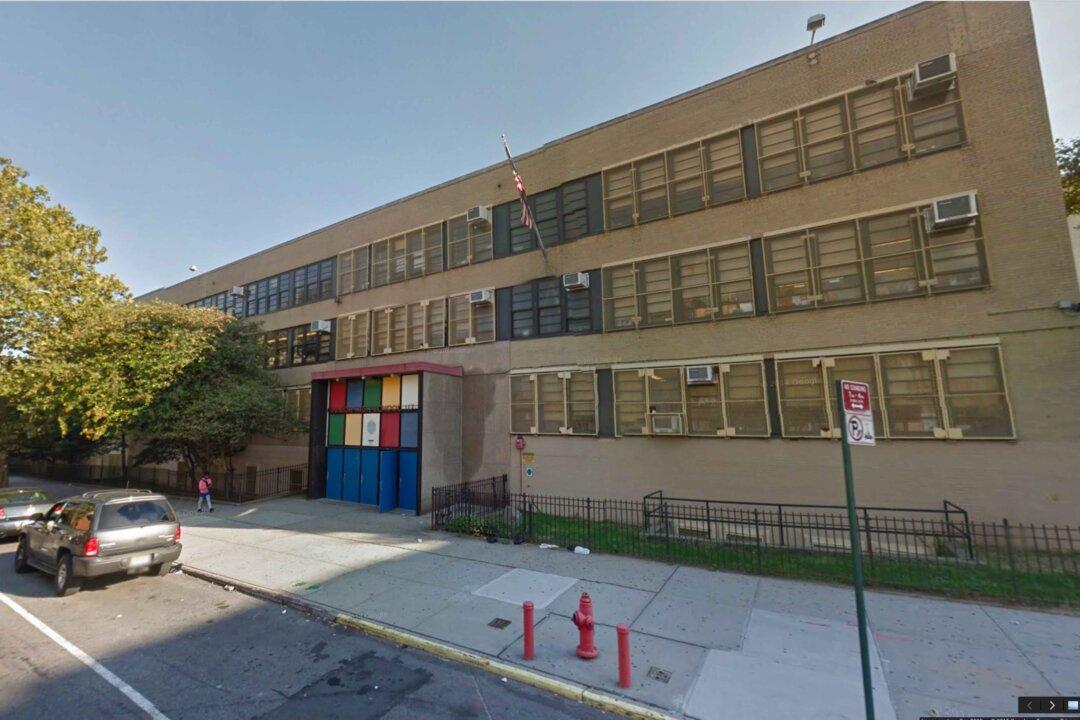NEW YORK—Garrett Collins sat across from his 83-year-old grandmother, Esther Arrington, staring into her glossy charcoal brown eyes and her face unmarred by old age. He listened attentively to her recalling her experiences as one of the first female African-American investigators in the New York Medical Examiner’s Office.
Like Collins, tens of thousands of young Americans picked up their cellphones and interviewed a senior citizen for The Great Thanksgiving Listen over the holiday weekend.
This nonprofit oral history project by StoryCorps asked schoolchildren from around the United States to interview a grandparent or an elder in an unprecedented effort to double the number of interviews the project has collected since 2003 within the week, using its new mobile app.




